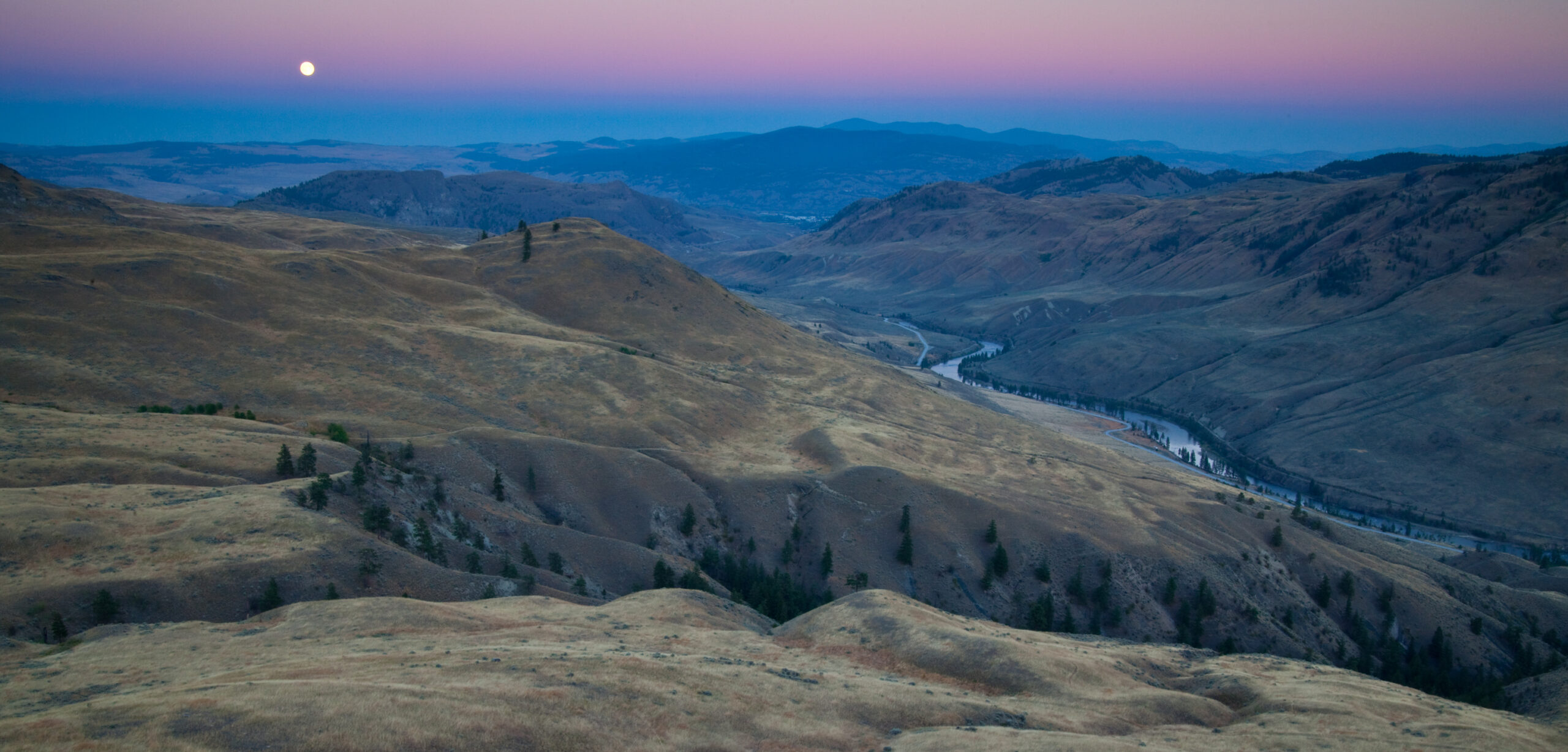Last month, the Intergovernmental Panel on Climate Change (IPCC) released the Special Report on Global Warming of 1.5°C. This report, justifiably, made news worldwide. The IPCC warns that rapid, far-reaching and unprecedented changes are necessary to limit global warming to 1.5°C.
Parallel to the IPCC is the Intergovernmental Science-Policy Platform on Biodiversity and Ecosystem Services (IPBES).
The full IPBES report will be coming out in May 2019, and the primer was just released. This is the first comprehensive analysis since the 2005 Millennium Ecosystem Assessment – which first popularized the term ecosystem services. The assessment will aim to inform policy and decision-making on key international goals including the Sustainable Development Goals, the Aichi Biodiversity Targets, and the Paris Agreement on climate change.
Here in British Columbia, the fight against extreme energy – namely, tar sands pipelines and the hydraulic fracking of natural gas – has brought home the importance and weight of the Paris Agreement. However, the damage caused to ecosystems and species extinction does not often make headlines. To live in a sustainable and healthy world, we’ll need to be working on both energy and ecosystems in tandem, and this report will be a key source of information to get us there.
To begin, we have to stop permitting logging in critical caribou habitat. We need to manage human access to important foraging and ranging grounds for grizzly bears. And we must designate more land to shelter biodiversity through a changing climate and increasing human and development demands.
We have an incredible opportunity to be world leaders in conservation. To do this, we must work toward meeting and surpassing the Aichi Biodiversity Targets, locally named Canada’s Pathway to Target 1. This goal states that “By 2020, at least 17% of terrestrial areas and inland water, and 10% of marine and coastal areas of Canada are conserved through networks of protected areas and other effective area-based measures.” It is not enough to protect the amount of land: we must increase the resources for our underfunded provincial parks to boost their science, monitoring, and planning capacity.

British Columbians will soon have an opportunity to speak up for ecosystem protection. Parks Canada is expected to open public consultations for the proposed National Park Reserve in the South Okanagan-Similkameen. This future park in Sylix homelands will encompass the most endangered ecosystem type in the world: grasslands. It is also home to dozens of threatened and endangered species. By protecting this vital area, we can move forward on our commitment to protecting biodiversity for generations to come.
